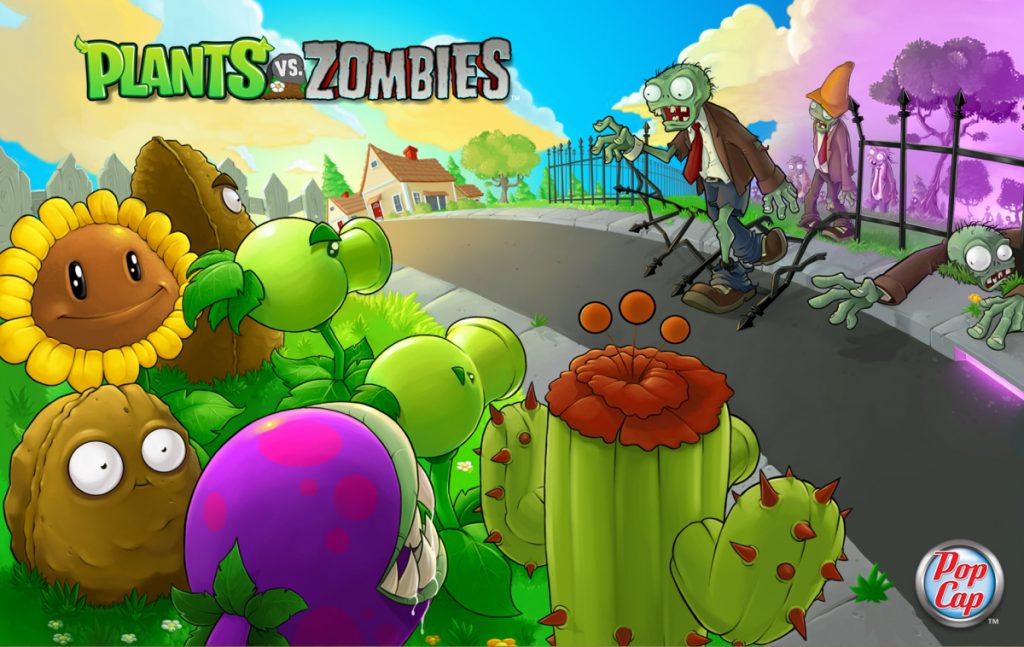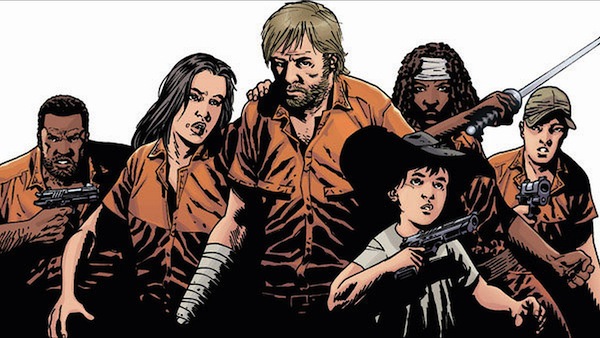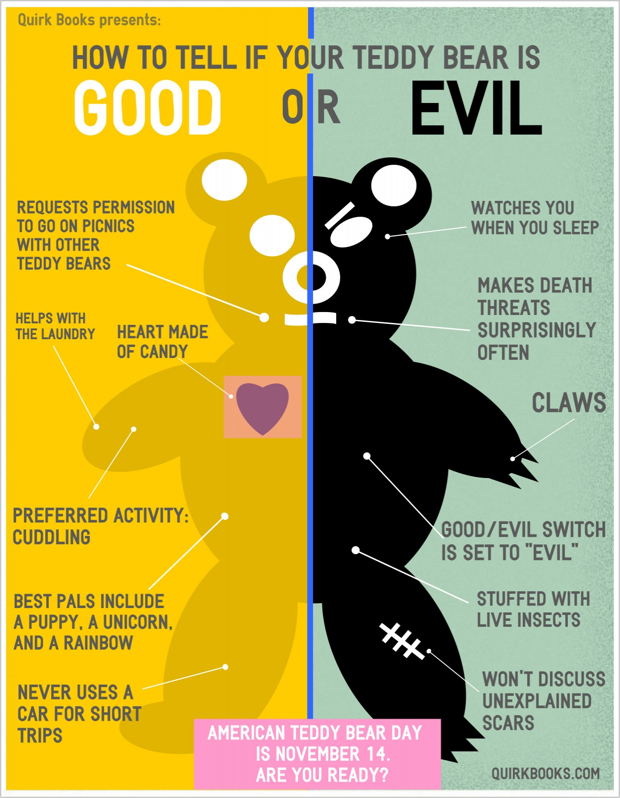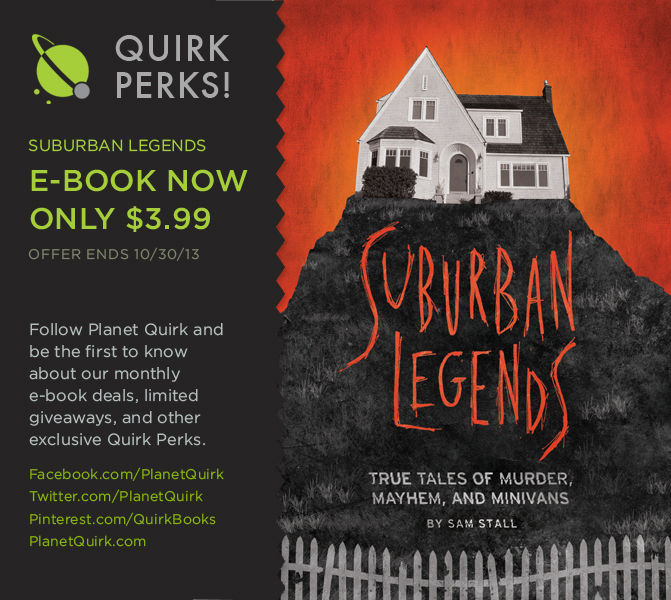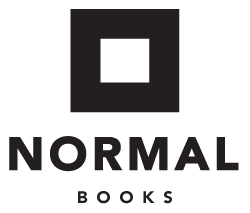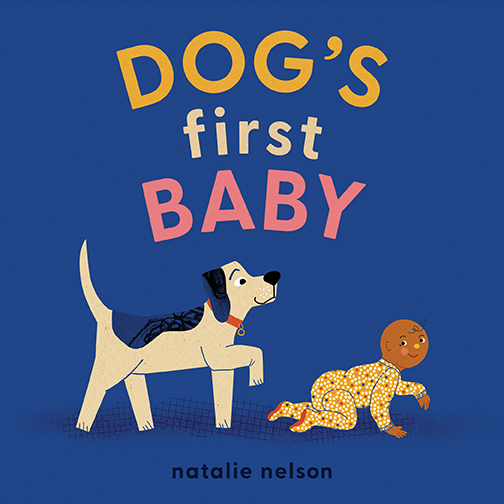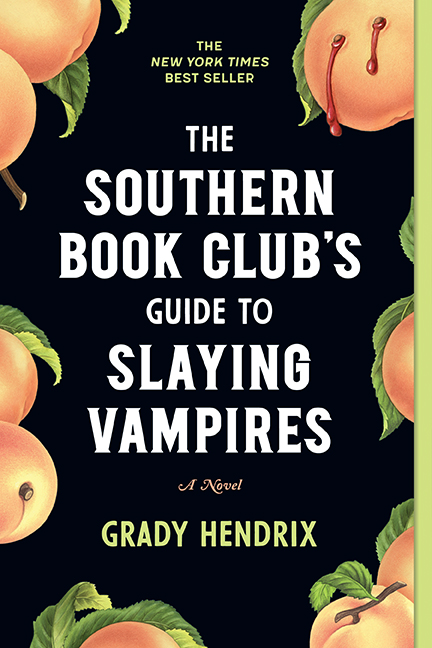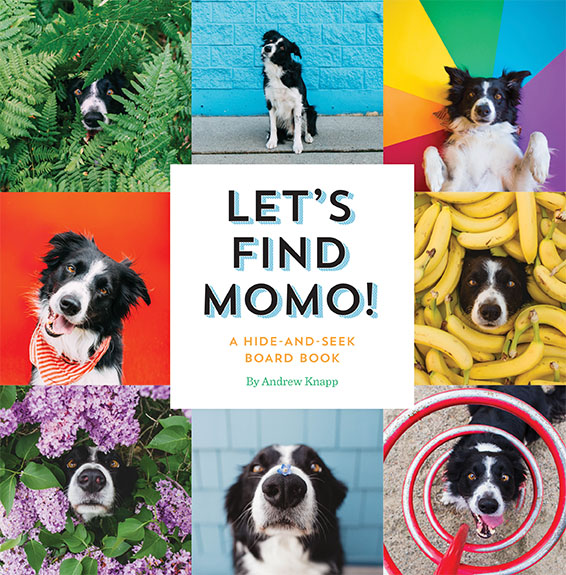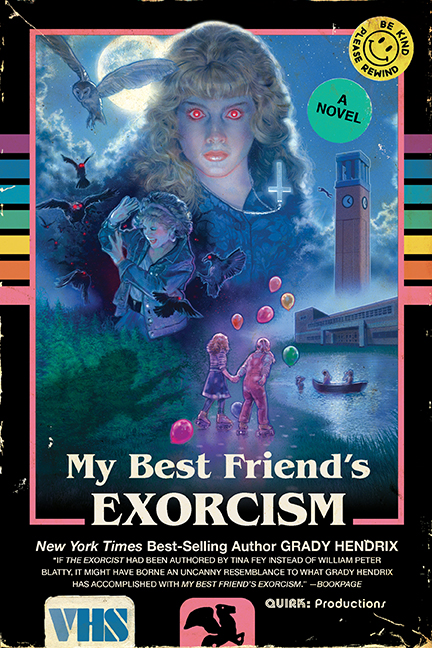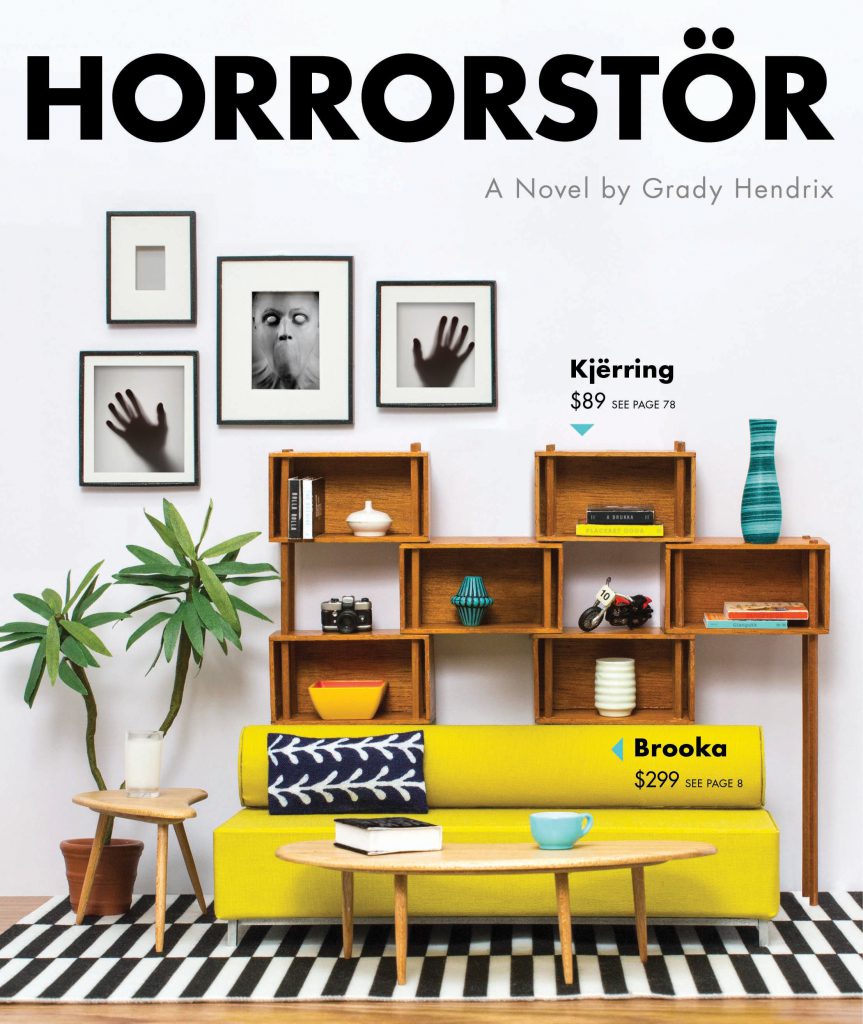Our Blog
“Braaains!” A (Pop) Cultural History of Zombies
At once a staple in cult horror films and an icon to mainstream culture, zombies have gone through many reincarnations in recent history. The origin of zombies in popular culture goes back as far as the publication of Mary Shelley’s Frankenstein in 1881. Frankenstein's monster isn't exactly what we'd consider a zombie these days, but Shelley was influenced by the history and folklore of the undead. Now, zombies are practically a genre of their own and annual Zombie Walks are held in every major North American city.
Everyone has a movie or a book or a video game that first introduced the wonderful world of zombies. I'm quite nostalgic about Zombies Ate My Neighbors… but more about that game later. There are hundreds, quite possibly thousands, of examples of zombies in pop culture, but I've put together a collection of the ones from recent history with the most artistic and social impact.
Posted by Maria Vicente
Five Flesh-Eating Series to Fill the Walking Dead-Shaped Hole in Your Life
How exactly have we lived this long since The Walking Dead's midseason finale? I'll keep this spoiler-free, but AMC's adaptation of the hit comic series left viewers on the edge of their seats—and probably without much sanity.
Luckily, the show is resuming its fourth season on February 9, but if that's still too long for you to wait, check out some of these other awesome zombie-themed books and stories to help quench your undead thirst.
1. The Walking Dead comics: The series that started it all, this is the first thing fans of the TV show should turn to in order to get an idea of what happens next to Rick Grimes and Co. Written by Robert Kirkman and illustrated by Tony Moore and later Charlie Adlard, The Walking Dead is one of the most talked-about comics in recent memory, and although it’d be a feat in and of itself to collect each monthly issue in a tangible format, compiled versions are readily available for you to sink your teeth into.

2. Warm Bodies: A cool twist on the zombie genre, Isaac Marion’s novel is pretty great. It tells the story of R, a zombie living in an airport during the apocalypse. He’s not super fond of his new life and, because he still holds on to bits and pieces of life as a regular human, feels like the black sheep of the group of zombies he lives with. One day he meets a living girl named Julie, and everything starts to change.
Warm Bodies is an awesomely original romantic comedy that doesn’t skimp on the blood, guts, and horror that zombie fans have come to know and love, so it’s definitely something to check out and enjoy. Plus, Marion has released a Warm Bodies prequel online called The New Hunger, and is planning on a sequel to be completed in mid- to late-2014.

(image via We're Alive)
3. We’re Alive podcast: Okay, okay, it’s not a book, but We’re Alive is a perfect way to get your zombie fix all the same. Located on the Nerdist podcast network, We’re Alive is a podcast that tells the story of Michael Cross, a solider in the Army Reserve.
He’s in college when the outbreak hits, and the podcast takes on the style of old time radio to tell Michael’s story, along with all of the other survivors he encounters along the way. At over 100 episodes, there’s plenty of story for you to listen to, and We’re Alive is bound to keep you entertained for weeks to come.

4. Pride and Prejudice and Zombies: From Quirk’s own Seth Grahame-Smith, it’s Pride and Prejudice and Zombies! The book that kickstarted the mashup genre, PPZ takes Jane Austen's classic, beloved Pride and Prejudice and fills it with something that everybody loves—zombies.
Grahame-Smith keeps Austen's olde-English language intact while inserting references to zombies and shotguns among the sideways glances and secret longings between Elizabeth and Mr. Darcy to create a new story while still remaining faithful to Austen's. There's no better way to make romantic tension even tenser than the potential for a zombie outbreak at any moment, so strap on your zombie-kicking boots and give Pride and Prejudice and Zombies a try.

5. World War Z: Taking the zombie genre in yet another new direction, Max Brooks' World War Z uses an oral history style to tell its story. Taking place ten years after the Zombie War, World War Z is a series of interviews with survivors conducted by an agent of the United States Postwar Commission. What makes this novel really cool is that the people interviewed are from all over, so readers get a glimpse at how the Zombie War affected people everywhere, and not just a core group of characters.
World War Z also has a great audiobook, which features a cast made up of the likes of Nathan Fillion, Martin Scorsese, Simon Pegg, John Turturro, and Brooks himself. It might not be the best thing to curl up with at night if you're easily spooked by zombies—or apocalypses—but Brooks has created an awesome zombie narrative, and it's definitely worth checking out.
Posted by Allison Racicot
Happy World Vegetarian Day
Today is World Vegetarian Day. Like many vegetarians (I suppose), I don’t often think about the fact that I’ve given up eating meat. After a while, what was once a life-altering decision becomes second nature…like anything that you do every day, opting out of meat-eating is just one blip in the background noise of your life. So this day is an opportunity for those of us who are vegetarians to revisit that choice, and reconnect with whatever motivations put us on the path to a meat-free lifestyle.
People choose vegetarianism for different reasons, of course. I would guess that ethical concerns are the driving factor in most cases. But extricating oneself from a predator/prey relationship with other living things is not the only possible motivation. For some, a desire—or even a necessity—to protect one’s health can is a powerful reason to eliminate meat from the menu. It’s certainly possible to consume high and unhealthy levels of fat, salt, and calories even while maintaining a vegetarian diet, but combining vegetarian food choices with basic healthy eating habits can be a potent means of lowering one’s risk of many chronic health problems.
And an increasing number of people consider vegetarianism as a critical option for reducing the energy drain, carbon footprint, and waste production that industrial-scale animal husbandry impresses upon our increasingly crowded planet. In terms of efficiency, producing plant-based food is a much more practical use of the resources that a rising, energy-hungry global population demands.
However they come to the decision, many people find that transitioning to a vegetarian diet turns out to be an easier experience than they anticipated. Nevertheless, there are challenges. In my own case, the switch was fraught with particular difficulties. Having been raised as a cannibal, I expect that I struggled with more obstacles than most.
I know how that sounds, but referencing my cannibal upbringing isn’t intended as a brag, or some sort of badge of authenticity. To be honest, the current cannibalism revival that’s cropped up in some hipster circles holds no interest for me (in fact, it strikes me as shallow, trendy posturing not likely to result in widespread acceptance). In my family, cannibalism wasn’t some kind of statement about the anonymity of modern culture, or a means of pushing the boundaries of propriety. It was just the way things were. If, say, Sunday dinner happened to include roast mailman foot, or some breaded elbows, that was no more significant to us than the baked potatoes or string beans. (Though it was also no less significant…even all these years later, the though of my mother’s breaded elbows still makes my mouth water.)
At this point, I feel the need to clear up a few misconceptions about cannibalism. Firstly, and contrary to what you may have read on certain blogs, cooked human flesh is delicious. Many vegetarians downplay the appeal of eating meat, but I think in most cases that’s disingenuous. Just because you choose not to eat meat, that doesn’t mean you can’t acknowledge its gustatory appeal. Steak tastes good, hamburgers taste good. And braised abs of office worker, or a plate of fettuccini with fennel and firefighter fingers…man, those taste really good. Of course, a lot of the flavor is in the preparation. And my mom was an old-school home cook, from the era of liberal use of butter, cream, salt, eyelids… She was raised with the idea that it was a mom’s job to fatten up her kids, mostly by feeding them human fat. I cringe when I think of how many calories and how much cholesterol must have been in mom’s lips-hips-cheese-and-noodles casserole.
So many of our early memories are connected to the foods we ate growing up that becoming a vegetarian can sometimes feel like turning one’s back on one’s own history and traditions. It wasn’t easy for me to reject the turkey dinner that’s so closely tied to our Thanksgiving feasts when all my relatives gathered, enjoying each others’ company as much as the meal. Or the appendix stew that my father always insisted on for his birthday dinner (he was a man of simple pleasures). Food connects us to trivial memories, too. I sometimes wish I could taste again the bland but comforting flavor of the baloney sandwiches my mother made for my grade school lunches, or the greasy take-out chicken we brought with us on summer picnics, or the salty texture of my little brother’s arm as we gnawed on each other to work up an appetite before dinner.
Of course, not all food memories are fond ones. To put another myth to rest, being raised on cannibal cuisine doesn’t mean you enjoy every recipe in the cookbook. I was never a big fan of earlobes, and it didn’t help that my mother would boil them until they sagged limply on the plate like morose jellyfish. Fortunately my older sister loved them, so I could always flip a few her way when mom was back at the stove stirring the sauce. (She would return the favor whenever my mother got ambitious and attempted our Grandma’s recipe for Broiled Radio Announcer Tongue. My sister hated it, but I could never get enough. There’s something about the taste of something that has its own taste buds which I still miss to this day.)

Once, when I was struggling the most with giving up the cookery of my youth, something occurred to me: All of us start out as cannibals. It’s the only truly universal cuisine. Because when you’re in the womb, you pretty much have no choice about it. Afterwards, unless you’re put on formula, you continue the practice for a while longer. Yet even when you move on to mushed squash and peas, you can’t help but suck your own thumb when that craving for human meat kicks in. Or occasionally clamp your jaws around somebody’s finger, even if your baby teeth can’t break the skin. Despites such strong instincts, most people stop eating people at a very young age and don’t look back. And I reasoned that if so many could give up what was, to me, the most delicious food source of all, than so could I.
So if you’re struggling with the decision to give up eating animal meat, consider this. You’ve already given up eating your fellow human beings, and most of them are far more flavorful than any animal could ever be. And in many cases, far more deserving of being eaten.


Posted by Rick Chillot
Quirk Books Launching Normal Books, A New Imprint
FOR IMMEDIATE RELEASE
April 1, 2013
QUIRK BOOKS GOES “NORMAL.”
Quirk Books, the independent publisher known for its irreverent reference guides and innovative works of fiction, has gone and done the unexpected once again. Effective immediately, the company is launching a new imprint that will give readers exactly what they expect. Book-lovers of the world, meet Normal Books.
"We think that becoming more conventional is truly the most 'strikingly unconventional' move we could make," says President and Publisher David Borgenicht. "Readers have come to expect the unexpected from us, and I'm pretty sure no one was expecting this."
The Normal Books imprint will offer a completely retooled frontlist of regular, completely straightforward books, with titles including Breakfast for Breakfast, Miss Peregrine's Home for Regular Children, and Pride and Prejudice without Zombies.
This groundbreaking, daringly creative move was engineered with readers in mind, says Associate Publisher and Creative Director Jason Rekulak. "We’re convinced there’s an audience out there that craves the same-old, same-old,” he says. “We're excited to stop pushing the envelope, and start nudging it back into the desk drawer next to the pens and rubber bands." The concept is expected to yield a more manageable workflow as well. “The sales reps have been clamoring for less buzzworthy titles,” notes Moneka Hewlett, Senior Sales Director.
Besides its new catalog of traditional print titles, Normal Books intends to release all subsequent books in eBook format: as plain text with no pictures and in a single small, non-dynamic font. Says Vice President Brett Cohen: "In the digital age, Normal Books will be square in the middle of the pack when it comes to using new, innovative technology. There’s no need to show off."
Below are the titles that Normal Books will be releasing in the coming months:
Posted by Rick Chillot
